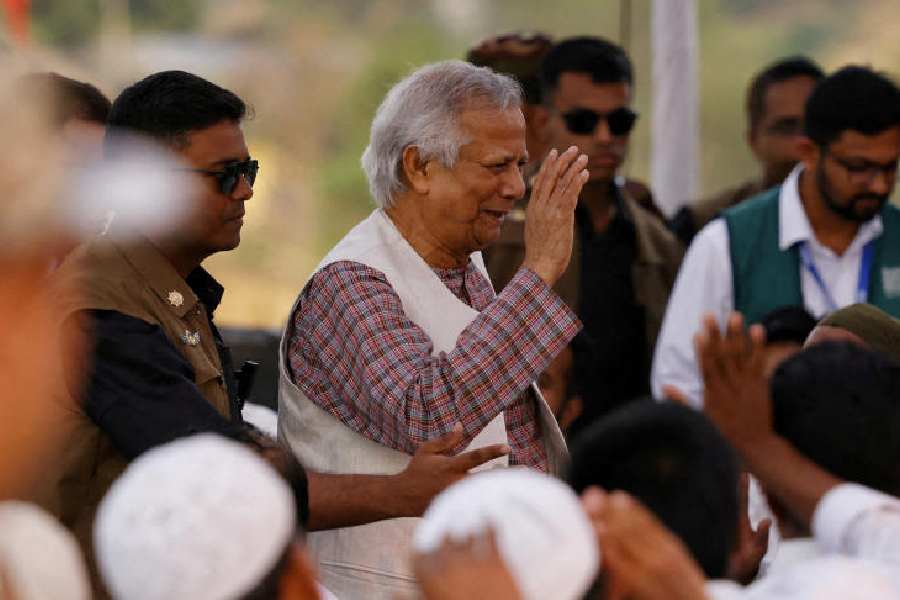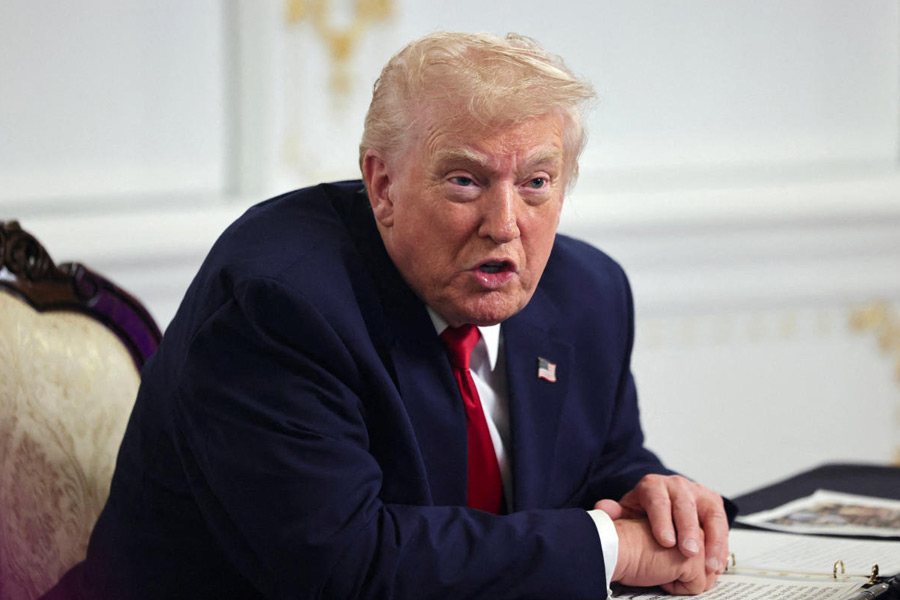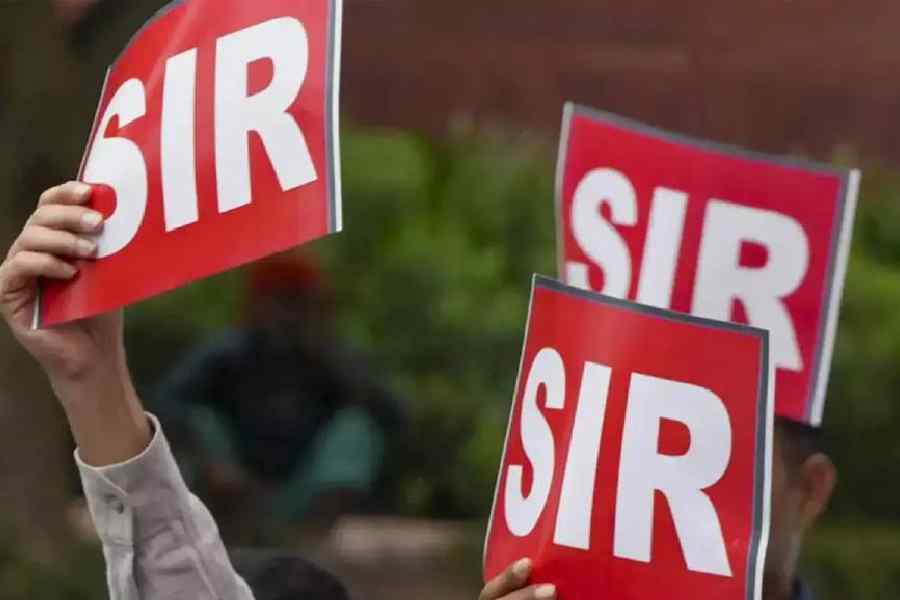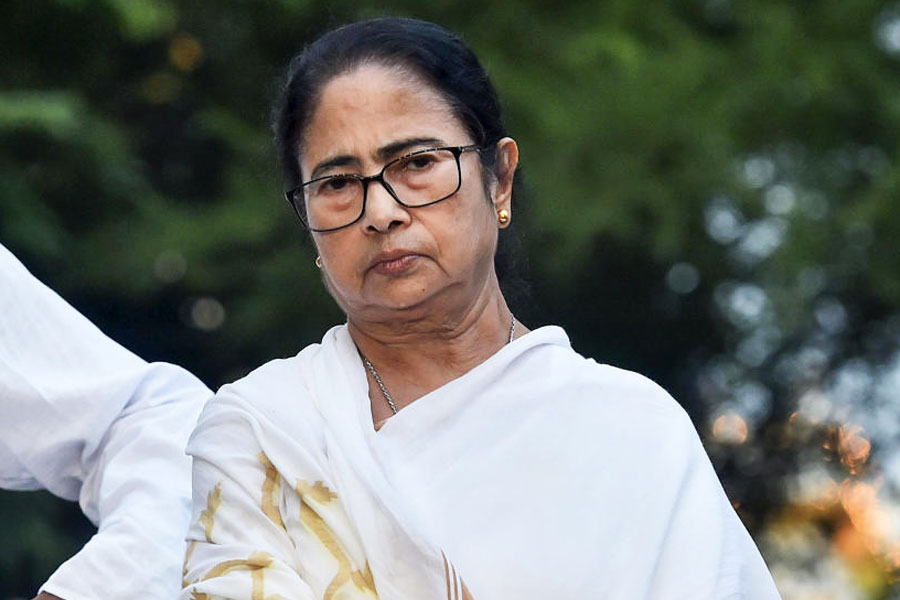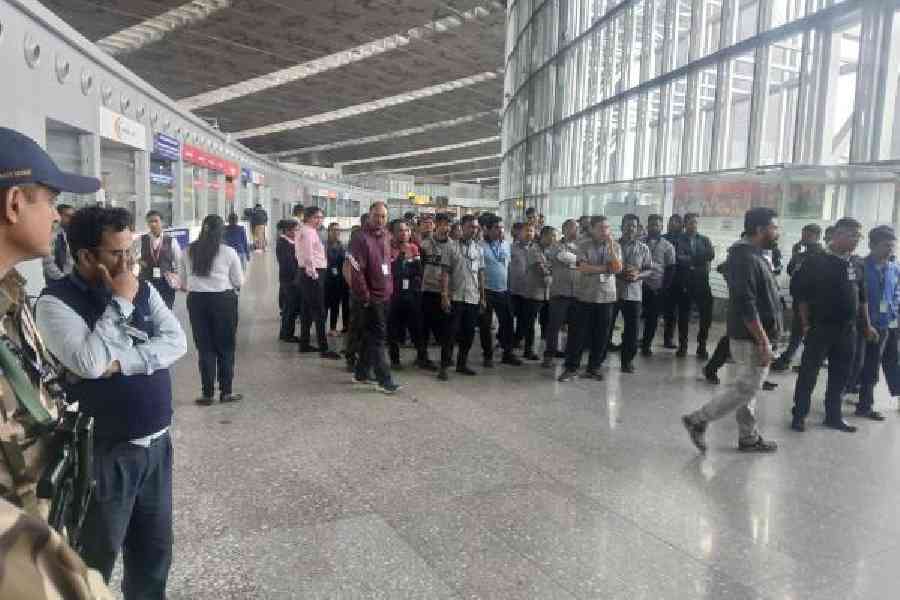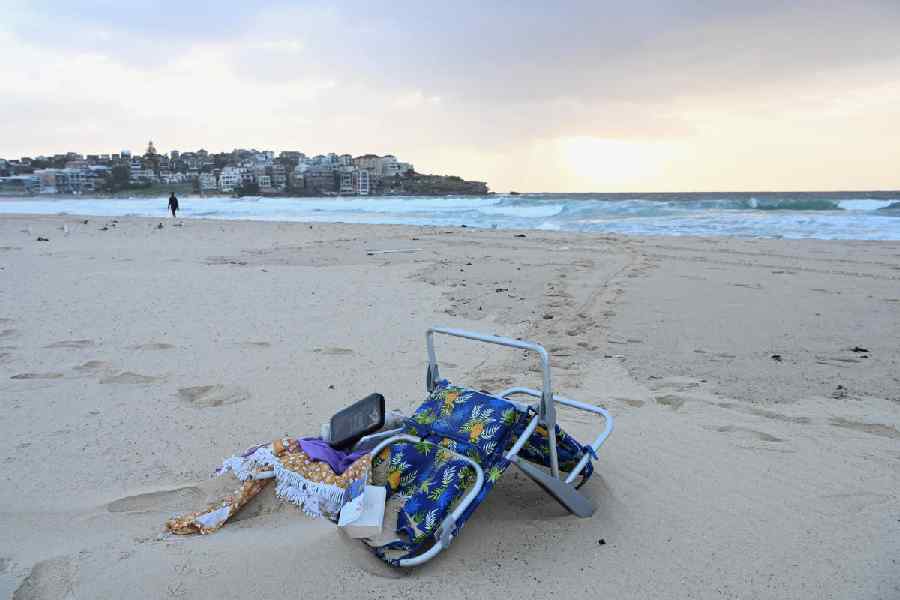Assam chief minister Himanta Biswa Sarma on Tuesday not only slammed Bangladesh’s interim chief Muhammad Yunus for the latter’s observation that India’s Northeast is “landlocked” and Dhaka is the only “guardian of the ocean for all this region” but also pushed for a “robust” railway and road networks around “Chicken’s Neck” besides “exploring” alternative road routes to effectively bypass this narrow strip of land in West Bengal.
The Siliguri Corridor, also known as the Chicken’s Neck, is about 21-km wide connecting India’s Northeast with the rest of India.
Besides Sarma, two other political leaders from the Northeast, Congress MP Gaurav Gogoi Tipra Motha founder, Pradyot Kishore Manikya Debbarma have also objected to Yunus’s remark made during his trip to China last week.
According to a video which went viral on Monday, Yunus was heard saying at an investment summit in China: “Seven states of India, the eastern part of India, called the seven sisters. They are a landlocked region of India. They have no way to reach out to the ocean. We are the only guardians of the ocean for this region. So this opens up a huge possibility. So this could be an extension of the Chinese economy. Build things, produce things, market things, bring things to China, bring them out to the whole rest of the world.”
Yunus is in charge of neighbouring Bangladesh after the ousting of Sheikh Hasina in August last year following an internal turmoil. West Bengal , Assam, Meghalaya, Tripura and Mizoram are the Indian states sharing a 4096.7km border with Bangladesh.
Responding to Yunus’ assertion about access to the ocean, Sarma said: “The statement made by Md Yunus of Bangladesh’s so-called interim government referring to the seven sister states of Northeast India as landlocked and positioning Bangladesh as the guardian of ocean access, is offensive and strongly condemnable.
“This remark underscores the persistent vulnerability narrative associated with India’s strategic ‘Chicken’s Neck’ corridor. Historically, even internal elements within India have dangerously suggested severing this critical passageway to isolate the Northeast from the mainland physically.”
Sarma added, “Therefore, it is imperative to develop more robust railway and road networks both underneath and around the Chicken’s Neck corridor. Additionally, exploring alternative road routes connecting the Northeast to mainland India, effectively bypassing the Chicken’s Neck, should be prioritised.”
“Though this may pose significant engineering challenges, it is achievable with determination and innovation. Such provocative statements by Md Yunus must not be taken lightly, as they reflect deeper strategic considerations and longstanding agendas,” Sarma said.
Assam chief minister Sarma subsequently posted a 56-second video stating, “ Sharing more context. Recently at #AdvantageAssam2, I spoke on how we can make ‘Chicken’s Neck’ risk free — a vulnerability hostile forces are trying to exploit. And we are seeing it unfold in front of us. Hence now, a solution is needed more than ever.”
Deputy leader of the Congress in the Lok Sabha, Gaurav Gogoi said it was “unfortunate that India’s foreign policy has weakened to the point where even a nation whose independence India actively supported is now leaning toward strategic opposition”.
Gogoi added, “Prime Minister Narendra Modi recently wrote to Bangladesh on the occasion of its National Day, highlighting the ‘strong ties’ between the two nations. After that Muhammad Yunus’ recent remarks about Northeast India and China are deeply concerning and unacceptable, as they undermine India’s sovereignty and territorial integrity.”
Responding to Sarma’s post on Yunus’ observation, Tipra Motha founder, Pradyot Kishore Manikya Debbarma, struck a strident note.
“Rather than spending billions on innovative and challenging engineering ideas we might as well break up Bangladesh and have our own access to the sea. The Chittagong Hill tracts were always inhabited by indigenous tribes who have wanted to be part of India since 1947. There are lakhs and lakhs of Tripuri, Garo, Khasi and Chakma people who reside in Bangladesh in terrible conditions in their traditional land. This should be utilised for our national interest and for their well being,” Debbarma said.
Guwahati-based researcher and journalist Bidhayak Das, whose work takes him to Myanmar and Bangladesh, said Muhammad Yunus’ statement has “serious security and strategic implications, as it brings India’s Northeast into the conversation — particularly in relation to China.”
“The region’s critical connection to the rest of India through the (approx) 21-kilometre-wide Siliguri Corridor, or ‘Chicken’s Neck,’ makes it highly sensitive. Yunus, whose interim government is widely seen as adopting an anti-India stance while leaning towards Pakistan and China, appears to amplify the corridor’s vulnerability. There are indications that his government is aligning with external forces intent on destabilising the Northeast and keeping it in turmoil. The Siliguri Corridor’s strategic importance as the ‘lifeline of the Northeast’ makes any discourse on its disruption a matter of grave concern.” Das said.

